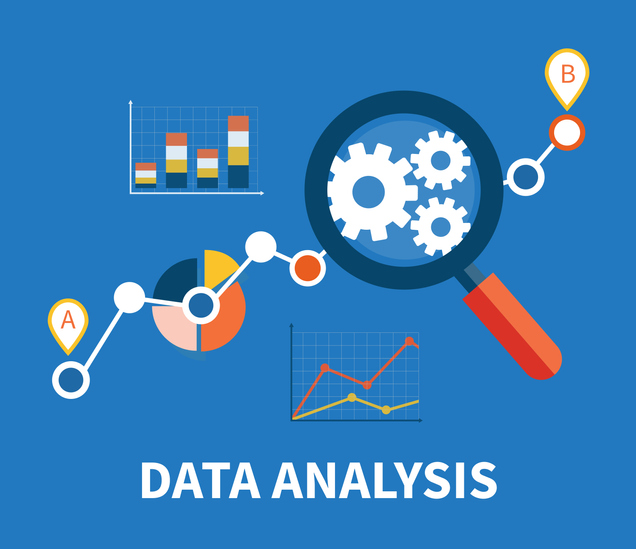A Data Analyst is someone who as the ability to answer questions and solve problems using data.
It is not only the role of a Data Analyst to explain the data, but they also need to be able to provide reporting and an explanation of what the different data means, particularly when looked at from year to year across different areas.
Data Analyst are frequently used to advise project managers and other key stakeholders in understanding the data and why it has changed over a period of time.
The daily life of a Data Analyst is likely to include the following:
- Working with technology teams, management, data scientists and others to set goals
- Data mining from various sources
- Cleaning and dissection data to get rid of information that is not relevant
- Analyzing and interpreting results using tools and techniques
- Highlighting patters and trends in data sets
- Identifying opportunities to improve processes
- Data reporting to management / key stakeholders
- Designing, creating and maintain databased and data systems, fixing code problems and other data related issues.
Data Analysts will typically use a range of technology and applications to help them in their roles. Some of the more commonly used can include R and Python, Excel, Tableau, PowerBI, QlikView, Splunk, SQL
*We find the role of a Data Analyst can sometimes be confused with that of a Business Analyst. While many data analysts will have business analysis skills, they are not the same thing. While business analyst also use data, unlike data analysts they use the data to help organisations make more effective business decisions*
The Konnexus Team – specializing in the recruitment of Data Analytics, Business Intelligence, AI & Machine Learning.






